Member Directory,
1847 - 1922
Michael I. Pupin
Professor, Electromechanics
Centurion, 1910–1935
William Barclay Parsons and William H. Burr
Idvor, Serbia
New York (Manhattan), New York
Age fifty-two
Bronx, New York

Century Memorials
The Century’s reminiscence of tonight has to picture another figure in a very different field of human achievement—perhaps more characteristic of the times than that of [James H.] Breasted [whose memorial directly precedes this one in the 1936 yearbook] and certainly, as a matter of personal history, far more unusual. Once in a while we have occasion, when recalling notable Americans, to survey a career of great distinction whose beginnings were of a character to render the subsequent achievement all but unbelievable. That Franklin, our American philosopher, inventor and diplomatist, began life as itinerant journeyman printer, Carnegie as telegraph messenger, Edison as railway newsboy, Lincoln as flat-boat navigator, are well-known traditions of our history. As a people, we are apt to take particular pride in such contrasts between start and finish of a life-story; they are part of the American picture. But in all of those instances there was something in the young man’s background—heredity, it might be, environment or circumstance—which we can see turned the career from obscure beginnings into large achievement. Little or nothing of that kind can be discovered in the extraordinary life-story of Michael Idvorsky Pupin. His early youth was passed, not in American surroundings and employment, however humble, but as peasant-boy in the Servian [Serbian] cattle-country. His father and mother could neither read nor write. He was himself no precocious child; on the contrary, Pupin wrote in after life, regarding his own first country school-days, that “reading, writing and arithmetic appeared to me instruments of torture which the teacher had invented in order to interfere as much as possible with my freedom.”
It is true, Pupin’s uneducated peasant mother saw further, assuring him that “knowledge is the golden ladder over which we climb to Heaven.” The boy conceived for himself the plan of emigrating to America; he arrived at the Land of Promise with nothing except his clothing and a capital of one nickel. He informed the Castle Garden inspectors that he was untrained to any trade, that he knew of nobody in the United States except Benjamin Franklin, Abraham Lincoln, and Mrs. Stowe, whose “Uncle Tom’s Cabin” had been translated into Servian. “If the standards of today had then prevailed in our immigration laws,” so Pupin himself wrote many years afterward, “I should have been deported.” This was the beginning and background for one of the most remarkable American careers in scientific investigation, invention and discovery. The particular achievements of Pupin’s after life seem even now to have been so absolutely precluded by his personal antecedents as to present an unanswerable conundrum. The newly-arrived immigrant made his living, during the next five years, by driving a team of mules, assisting the sailor painters at the Hoboken docks, shoveling snow for the city and stamping trade-marks in a cracker-factory. It was at the end of those five years, having meantime learned to speak English and to read it at the free library, that Pupin entered Columbia. He immediately won distinction, alike as wrestler or boxer and as prize-winner in Greek and mathematics. This was the introduction, along with more intensive study of physics under Helmholz at Berlin, to Pupin’s series of triumphs in scientific invention which made possible the long-distance telephone, which created X-ray photography, and which established the method of electric tuning for the radio. It was Pupin primarily who supported and encouraged Marconi, at an hour when the rest of the world was watching with the utmost skepticism the Italian physicist’s experiments. Surveying this career, endeavoring to find some link between Pupin’s origin, background, early surroundings, and subsequent paramount achievement, the ordinary man is likely to ask how the thing was possible. It is not easy to give the answer.
Pupin’s regard for the Century was always high; he had been a fellow-member for a quarter of a century. With his many preoccupations, he was only an occasional visitor at the Club-house; but he was fond of joining in its conversation, his own part in which was modest yet bubbling with good humor. Those who talked with him sometimes learned that this master of practical science was at heart a mystic; a firm believer, not only in the Divine intelligence and in life beyond the grave but in what we often call the supernatural. His book of memoirs is a model of picturesque, naturally written and always entertaining autobiography. These varied qualities make up a personality so remarkable and unusual that neither the Century nor the people of his adopted country are likely soon to forget it.
Alexander Dana Noyes
1936 Century Association Yearbook
Pupin (AKA Mihajlo Idvorski Pupin) was a Serbian-born physicist and physical chemist, best known for his numerous patents. He emigrated to the U.S. as a teenager and worked a series of menial jobs before entering Columbia in 1879. In college he was known as an exceptional athlete and scholar and was elected president of his class in his junior year. He graduated with honors in 1883, and obtained his Ph.D. at the University of Berlin in 1889. He returned to Columbia University to become a professor in the newly formed department of electrical engineering.
In 1899, Pupin obtained a patent for loading coils at various intervals (called “pupinization”) along a transmission line that greatly extended the range of long-distance telephone communication. He became wealthy when he sold the rights to AT&T.
In 1911, Pupin became a consul of the Kingdom of Serbia in New York. In his famous Fourteen Points speech to Congress in January 1918, Woodrow Wilson, inspired by his conversations with Pupin, insisted on the restoration of Serbia and Montenegro, as well as autonomy for the peoples of the Austro-Hungarian monarchy.
Pupin received the Edison Medal in 1920 for his work in mathematical physics and its application to the electric transmission of intelligence. Columbia’s Pupin Hall, the site of Pupin Physics Laboratories, was named for him after his death in 1935. Pupin’s autobiography, From Immigrant to Inventor, won the Pulitzer Prize in 1924.
Professor Pupin was a resident of New York and Norfolk, Connecticut. He was a Century member for 25 years.
James Charlton
“Centurions on Stamps,” Part I (Exhibition, 2010)
Related Members
Member Directory Home-
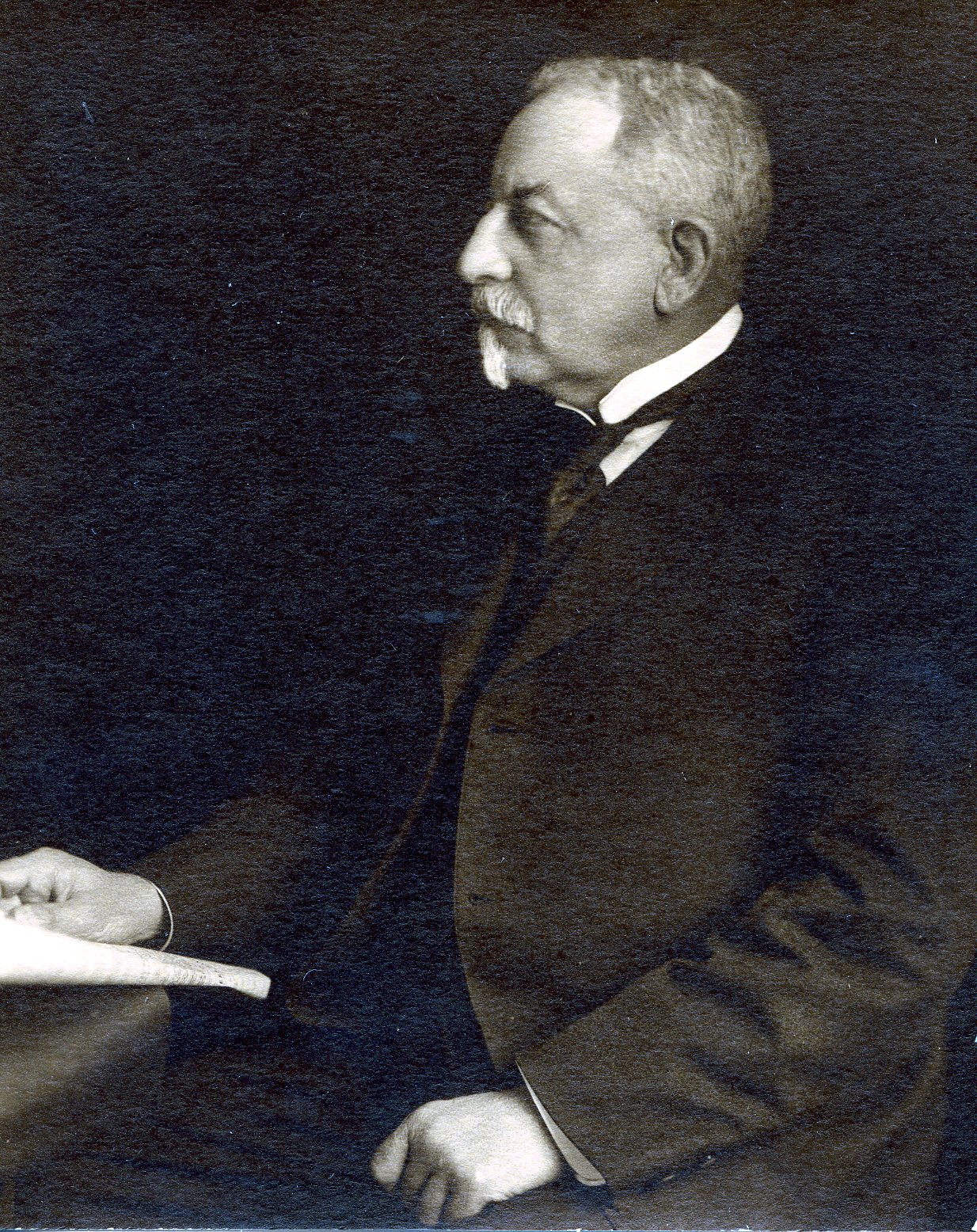 William H. BurrProfessor of Civil EngineeringCenturion, 1894–1934
William H. BurrProfessor of Civil EngineeringCenturion, 1894–1934 -
 John J. CartyChief Engineer, American Telephone and Telegraph CompanyCenturion, 1916–1932
John J. CartyChief Engineer, American Telephone and Telegraph CompanyCenturion, 1916–1932 -
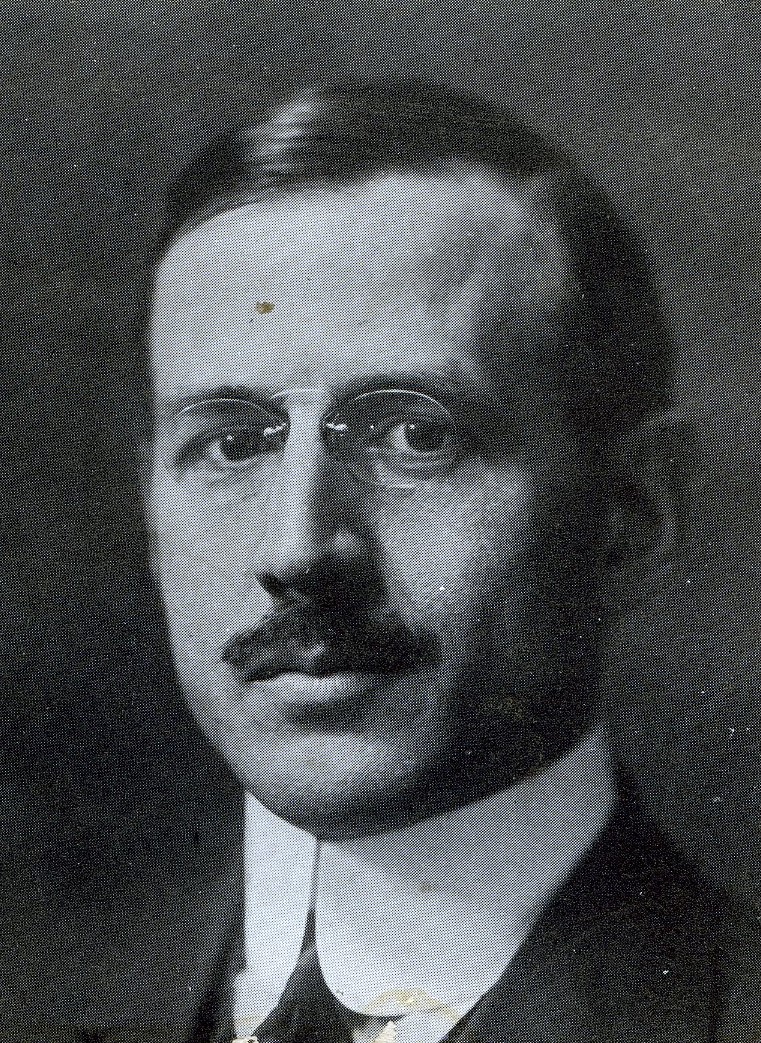 Gano DunnEngineerCenturion, 1919–1953
Gano DunnEngineerCenturion, 1919–1953 -
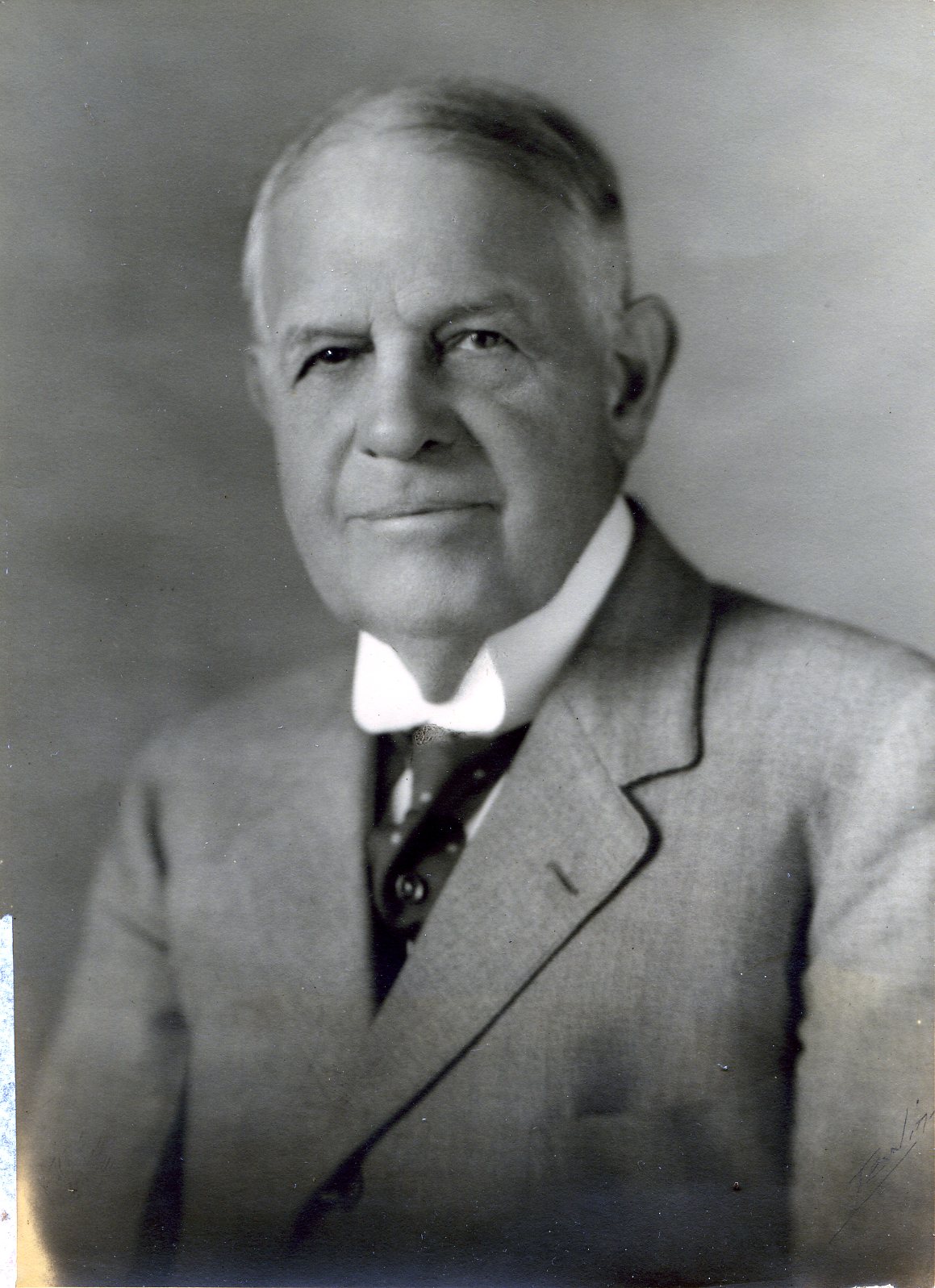 Thomas EwingLawyerCenturion, 1919–1942
Thomas EwingLawyerCenturion, 1919–1942 -
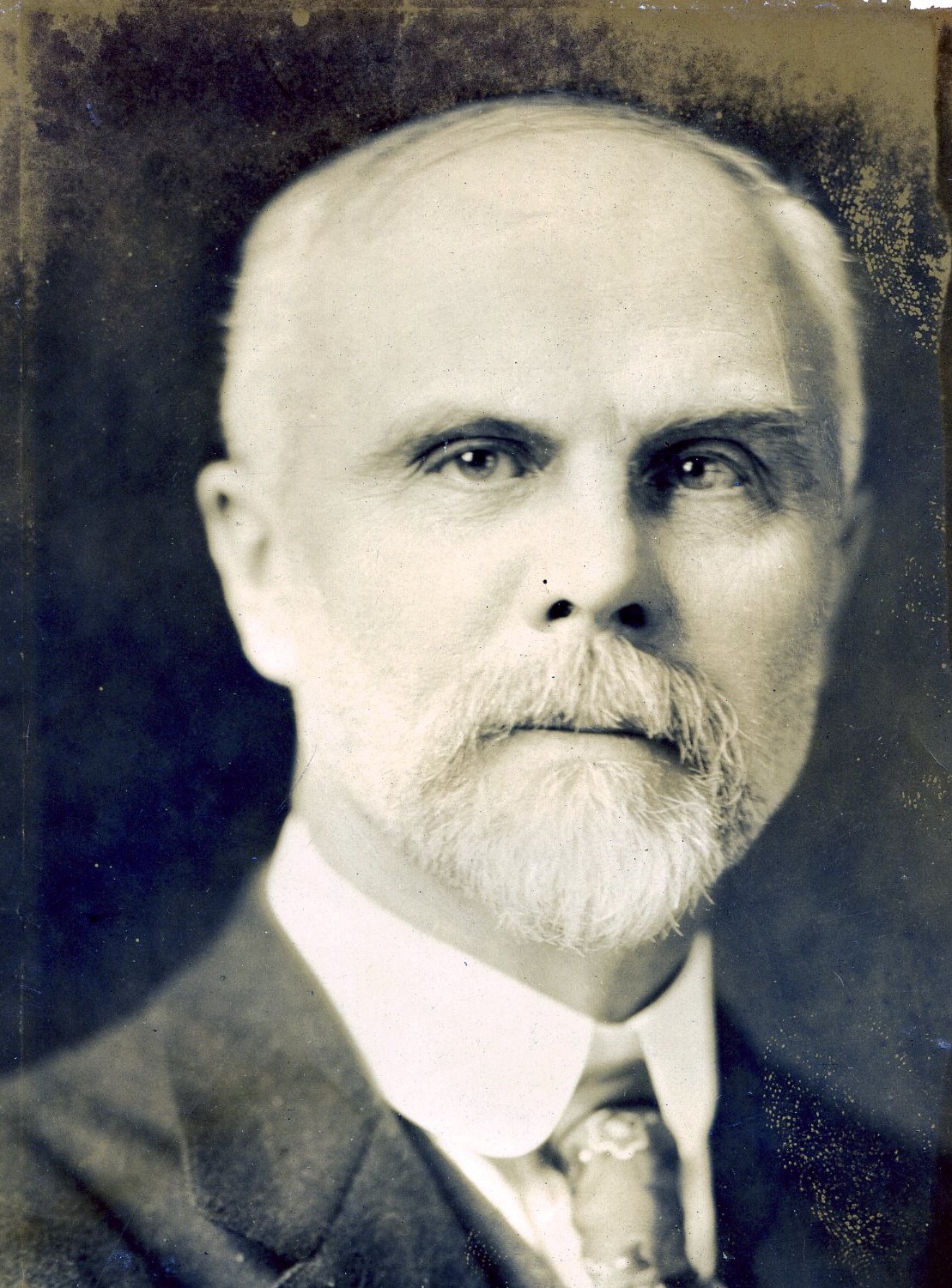 William Barclay ParsonsCivil EngineerCenturion, 1897–1932
William Barclay ParsonsCivil EngineerCenturion, 1897–1932 -
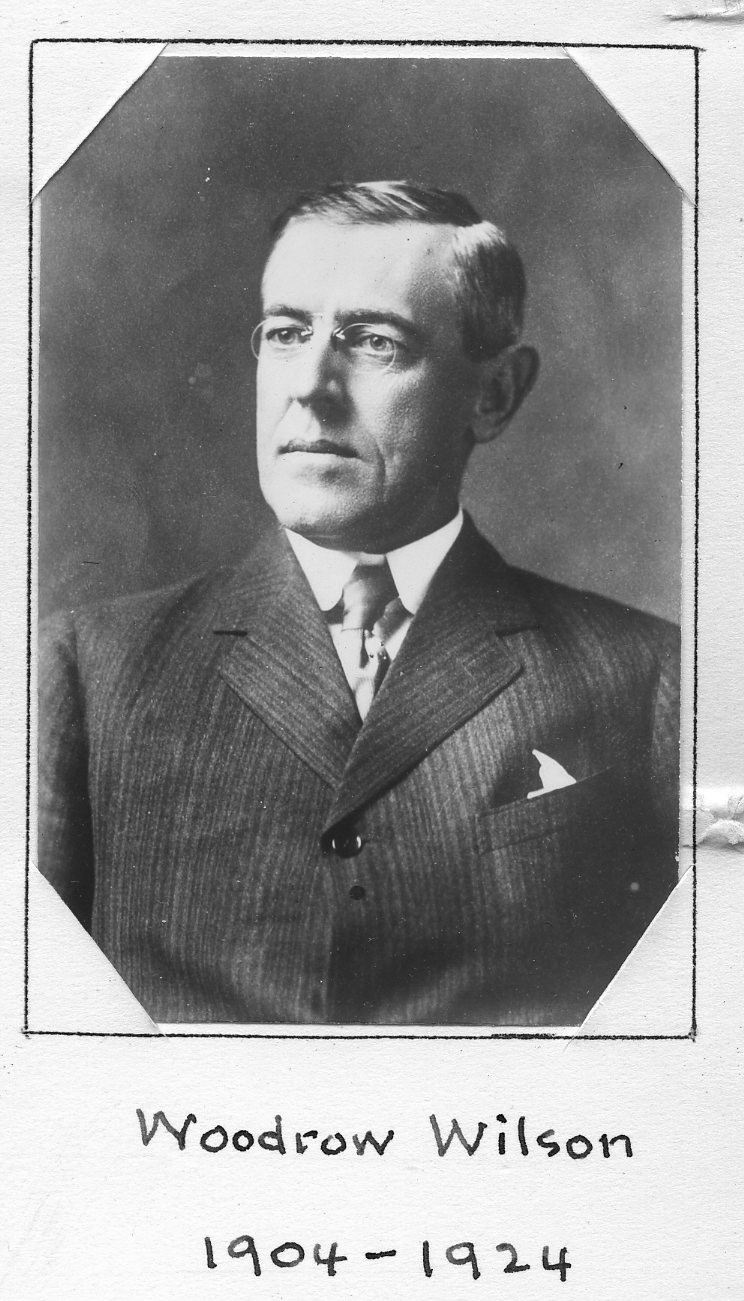 Woodrow WilsonPresident, Princeton University/Governor of New Jersey/U.S. PresidentCenturion, 1904–1924
Woodrow WilsonPresident, Princeton University/Governor of New Jersey/U.S. PresidentCenturion, 1904–1924





